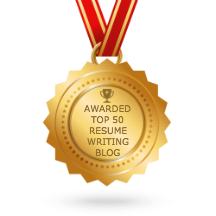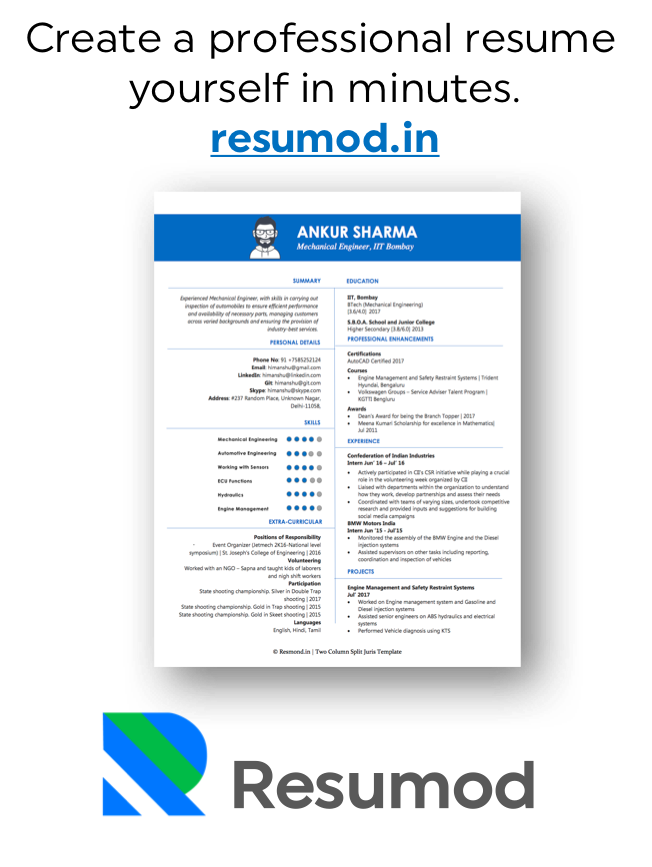A Personal Development Plan is a written account of self-reflection and improvement, which doubles up as a detailed action plan used to fulfill academic, personal, or career-based goals. A vital resource for students, young working professionals, mid-level seniors, as well as executive level professionals, it is capable of providing an objective sense of direction in taking one’s career forward in the form of steps needed to reach the eventual aim.
It is thing that can be discovered as a part of most successful people’s careers as a blueprint of their success path and allows normal people to discover the trajectory they need to follow to shape their careers. To be unstoppable in the face of hurdles, a professional has to lead a goal and growth-oriented life and being able to see their entire future open up in front of them is surely a head start.
As President Eisenhower once said: “Plans are useless, but planning is indispensable.” The importance of a personal development plan is in getting the clarity that comes with answering questions about your future. It is instrumental in structure one’s thinking and overcoming the constant human tendency to meticulously plan things in our heads and then forget the important details that essentially form the basis for realistic strategies.
The sense that you are going in the right direction serves as a major source of peace of mind and as we all sometimes feel lost in life, looking into the plan will always remind you where you want to go and so it would be fair to say that what you will create is your guideline for life!
The sense of security that one gets in knowing that their efforts are deliberate makes decisions easier and based on clear benchmarks. What you need is a better sense of control over your life “developing” your future, you will get a better sense of control over your life and you will make better decisions on the way.
You’ve felt that urge to know where you’re going and how you will get there and the only way to overcome that is with good preparation as it decreases the risk of things going wrong with your journey. It increases possibilities that your life will go in the right direction and helps you realize those dream plans, needless to say that your life only gets better when you get better.
Formula for designing a Personal Development Plan
Step 1: Create a big picture / clear out your vision
Start with the end in mind and the fact that Tasks are a kind of fluid taking up as much space as you give them. You can use domains like the ones mentioned below to create a map to see what your big picture looks like
- Vocational (career-related and professional)
- Financial
- Intellectual
- Emotional
- Physical
- Spiritual
- Marital
- Parental
- Social
- Avocational (hobbies and interests)
The map works best with 5-6 categories and you can put there everything you want to – if you feel like travel is a key field for your development, best to have it there. In general, the pillars of personal development stand as
- Family
- Love
- Career
- Hobbies
- Health
Step 2: Outline your strengths and areas for improvement
- Think about what you already have going for you, the strengths and the skills that are already relevant to your dream. Make a list of skills you need to develop, projects you can start working on and the contacts who can help you along the way. Make it a kind of brainstorming.
- You can use a format that’s well known by most business students – the SWOT chart
Strengths
|
Weaknesses
|
Opportunities
|
Threats
|
Step 3: Build your personal development plan
With clear direction, let’s go into detail by jotting down specific actions for the future. There is no substitute for hard work. If you set a goal, make a plan, and work on it every day, you will see personal development and progress within your career. The only limits that exist are the ones that you’ve placed on yourself with your thinking. You start by setting up specific projects. What do you need to get them done?
- Define your goals
- Prioritize
- Set a deadline
- Understand your strengths
- Recognize opportunities and threats
- Develop new skills
- Take action
- Get support
- Measure progress
- You can also take psychometric tests to analyze your personality traits.
Step 4: Revise and adapt to change
- These plans are not set in stone. After all, life changes fast and we need to change with it. That’s why it’s important to review and adapt. Reread your vision; check out your values mind map and focus just on what needs to be done over the next quarter overwhelmed by the full picture and never get around to doing anything.
- Don’t hesitate to adapt the plan according to new interests or a change in circumstances.
- A good personal development strategy grows as you do.
- As Tony Robbins put it, “Stay committed to your decisions, but stay flexible in your approach.
Books to read
- Pivot by Jenny Blake
- Think and Grow Rich by Napoleon Hill
- The Power of Positive Thinking by Dr. Norman Vincent Peale
- Outliers The Story of Success by Malcolm Gladwell
- The Power of Full Engagement by Jim Leohr and Tony Schwartz
- Think and Grow Rich by Dale Carnegies
- The 4-Hour Workweek: Escape 9-5, Live Anywhere, and Join the New Rich by Timothy Ferris
- Habit Stacking: 127 Small Changes to Improve Your Health, Wealth, and Happiness by Steve Scott
- Awaken the Giant Within: How to Take Immediate Control of Your Mental, Emotional, Physical and Financial by Tony Robbins
- How to Stop Worrying and Start Living by Dale Carnegie
- The 7 Habits of Highly Effective People by Stephen R. Covey
- The Magic of Thinking Big by David J. Schwartz
- The Confidence Plan: Essential Steps To A New You by Sarah Litvinoff
- The Now Habit: A Strategic Program for Overcoming Procrastination and Enjoying Guilt-Free Play by Neil Fiore
- Integral Life Practice: A 21st-Century Blueprint for Physical Health, Emotional Balance, Mental Clarity, and Spiritual Awakening by Ken Wilber
- Mindset: The New Psychology of Success by Carol Dweck
All the best 🙂




Thank you for sharing such important information. It will be very useful for us in future.
Dear getsetresumes ,
Thank you so much for this article. This article was very helpful for me not only me for everyone. Those students want to manage their effective time. it’s totally helpful for everyone. You shared very well. I learn many things from this article. “Thank you so much for listening to me.”
Dear getsetresumes ,
Thank you so much for this article. This article was very helpful for me not only me for everyone. My personal goal is my priority, and I set my personal development. I keep myself updated with recent trends and apply them in my work regularly. My commitment to my work adds to my personal growth, and I believe in training to improve my skills.
“Thank you so much for listening to me.”